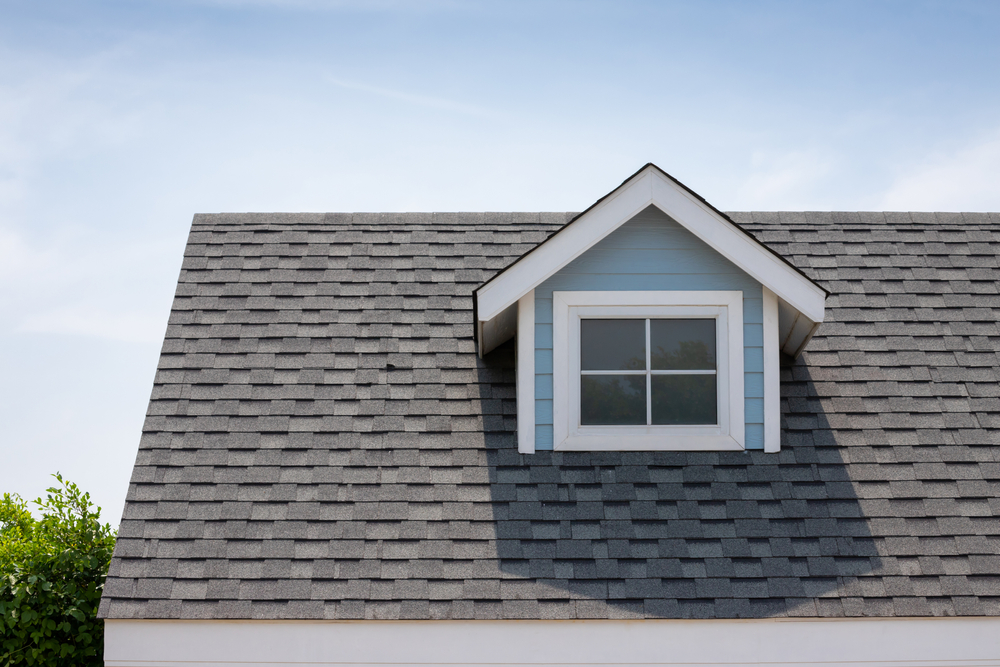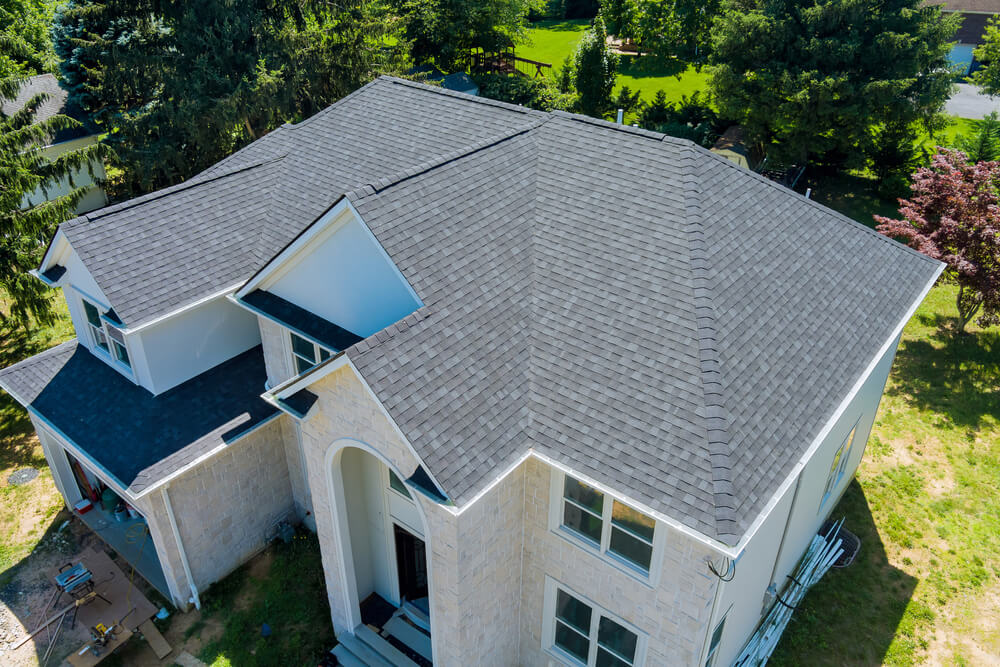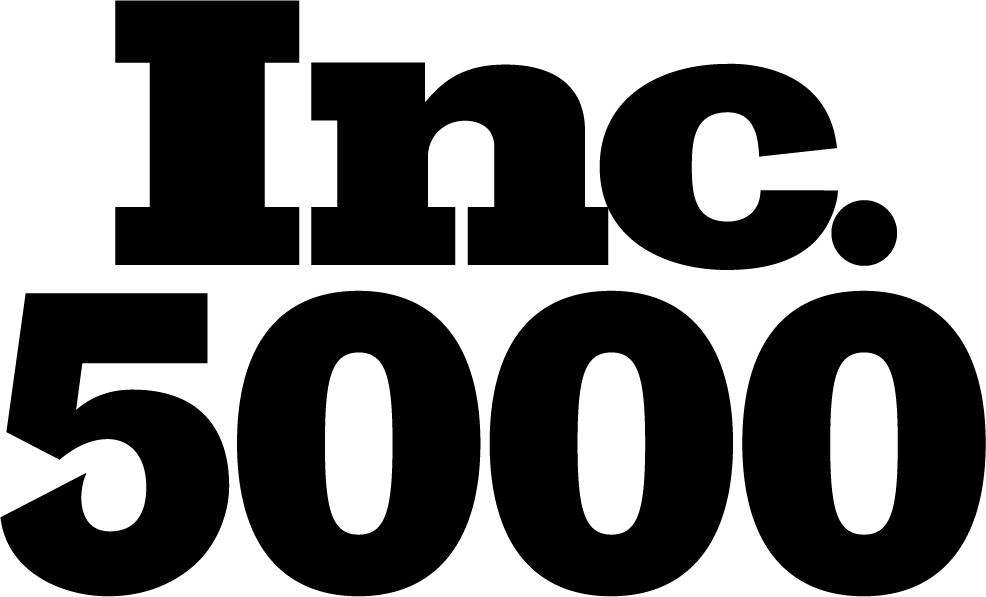
When considering the installation of a new shingle roof, homeowners often find themselves asking about the overall cost. The price of a shingle roof in 2024 can vary greatly based on several key factors, including material choice, roof size, and labor costs. Universal Roofing & Exteriors, a prominent name in the roofing industry, provides personalized services designed to meet the unique needs of each customer. With their expertise, they offer valuable insights that assist homeowners in understanding the complex variables that contribute to roofing costs.
Universal Roofing & Exteriors takes a comprehensive approach to roofing solutions, considering every detail from material quality to installation nuances. Factors such as the type of shingles selected, the complexity of the roof design, and the geographical location all play significant roles in determining the final cost of a shingle roof. Their team of experts is equipped to guide homeowners through the decision-making process, ensuring that they receive a durable and cost-effective roofing solution.
To help homeowners navigate the financial aspect of shingle roofing, Universal Roofing & Exteriors offers a deep dive into the elements that influence the final price tag. Whether it’s the slope and square footage of the roof or the type of underlayment and ventilation systems required, each component is meticulously considered. Homeowners are given the knowledge they need to make an informed investment in their property’s roofing, backed by Universal Roofing & Exteriors’ commitment to quality and customer satisfaction.
Understanding the Basics of Shingle Roofs
Shingle roofing is a common choice for residential buildings due to its blend of durability, aesthetics, and cost-effectiveness. Asphalt shingles are the most popular, known for their ease of installation and wide range of styles. When assessing shingle roofing cost, various factors come into play. The roof size and material quality significantly affect the overall expense, as does the design complexity of the roof.
An essential factor in shingle roof pricing is the choice of materials:
- Asphalt Shingles: Cost-effective and widely available, they typically require minimal maintenance.
- Wood Shingles: Offer a natural look but may demand more maintenance and can be more costly.
- Metal Shingles: Durable and with a longer lifespan, these can be a more expensive option.
It is vital to consider the quality of the shingles selected. Higher-grade materials offer extended longevity but increase the initial investment. Additionally, the labor involved in a roofing project varies depending on the complexity of the installation.
The shingle roof’s expense is influenced not only by the materials but also by the labor costs, which can fluctuate based on the roof’s design. Simpler roofs requiring standard shingle applications are typically less expensive, whereas those with multiple slopes, valleys, or dormers will result in a higher labor cost due to increased difficulty.
Factors Affecting Shingle Roof Cost
The cost of shingle roof installation is influenced by various factors. Understanding these can guide homeowners in planning their roofing budgets effectively.
Roof Size: The area of the roof is typically measured in squares (100 square feet). Larger roofs require more materials and labor, increasing the overall cost.
Material Quality: Shingle materials vary in quality and longevity. Common types are asphalt, composite, and architectural shingles, each with differing price points. The table below summarizes average costs by material type:
| Material Type | Cost Range per Square |
| Asphalt | $100 – $150 |
| Composite | $200 – $250 |
| Architectural | $250 – $300 |
Complexity and Roof Features: The complexity of the roof design affects installation costs. Features such as multiple layers, skylights, and steep pitches require more time and expertise, which adds to the cost.
Selecting a Contractor: It is critical to hire a reputable and experienced roofing contractor. They ensure the job is done correctly and safely, potentially saving money in the long term by avoiding future repairs due to poor installation.
In summary, homeowners must consider the size and complexity of the roof, the quality of materials, and the choice of contractor as principal components in the total cost for a shingle roof.
Choosing the Right Roofing Contractor
Selecting a reputable and experienced roofing contractor is crucial for ensuring quality shingle roof installation and repair. This section outlines the steps homeowners should take to verify a contractor’s qualifications and introduces the specialized expertise of Universal Roofing & Exteriors.
Assessing Contractor Credentials
When choosing a roofing company, it is imperative to assess their credentials thoroughly. The checklist below can guide homeowners through the verification process:
- Verify State Licensing: Ensure that the contractor is licensed to operate in your state.
- Check Insurance: The contractor should have both liability insurance and workers’ compensation.
- Look for Certifications: Prefer contractors with industry-recognized certifications.
- Evaluate Past Work: Request and review examples of previous shingle roof installations.
Evaluating these credentials helps in making an informed decision and secures a qualified professional for your roofing project.
Universal Roofing & Exteriors Expertise
Universal Roofing & Exteriors prides itself on its exceptional expertise in shingle roof installation and repair. Below highlights the company’s qualifications:
- Years of Experience: They bring decades of experience to each job.
- Training & Knowledge: Technicians are regularly trained in the latest roofing techniques.
- Customer Satisfaction: With numerous positive testimonials, customer satisfaction is a testament to their work quality.
- Warranty Offers: Their shingle roofs come with comprehensive warranties.
Homeowners seeking a dependable roofing company can rely on Universal Roofing & Exteriors for their commitment to excellence and customer service.

Comparison and FAQs
When considering shingle roofing, homeowners evaluate the cost against other materials and seek answers to prevalent queries. This insightful section delves into a comprehensive comparison alongside addressing frequently asked questions about shingle roof costs.
Cost Comparison with Other Roofing Options
Shingle roofing remains a popular choice due to its balance of affordability and durability when compared to other roofing options. Below is a succinct cost comparison outlining its value proposition relative to alternative materials:
| Roofing Material | Cost Range per Square Foot (Materials and Installation) | Lifespan Range |
| Asphalt Shingles | $3.50 – $5.50 | 15-30 years |
| Metal Roofing | $7.00 – $12.00 | 40-70 years |
| Clay Tiles | $10.00 – $18.00 | 50-100 years |
| Slate Roofing | $15.00 – $30.00 | 75-200 years |
| Wooden Shakes | $6.00 – $9.00 | 20-40 years |
These figures reflect recent market averages for 2024 and include both material and installation charges.
Common Questions Answered
Q: What are the factors affecting the cost of a shingle roof?
A: The price of a shingle roof can fluctuate based on several factors such as the size of the roof, geographical location, complexity of the roof design, type of shingles (e.g., architectural vs. 3-tab), and the labor costs for installation.
Q: Is shingle roofing more cost-effective in the long term?
A: Shingle roofing offers a cost-effective solution; however, its long-term value also depends on maintenance frequency, local climate conditions, and potential for repair needs. Asphalt shingles may have a shorter lifespan than some more expensive options, but with proper maintenance, they provide a good balance of affordability and durability.
Q: Can the cost of shingle roofing fluctuate?
A: Yes, the cost can fluctuate based on raw material prices, changes in the supply chain, and regional economic variations. It is recommended to obtain multiple quotes to get the best current market price.
By presenting these comparisons and answers, homeowners can make an informed decision on shingle roofing investments that align with their personal circumstances and economic considerations.






